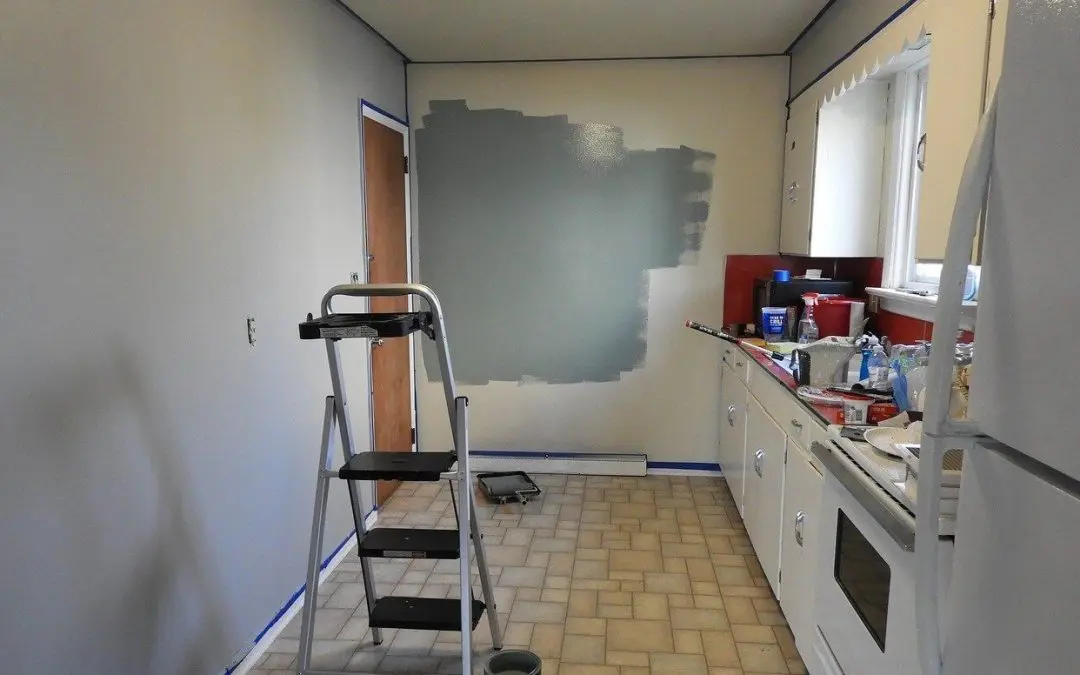Tackling home improvements yourself is a great way to save money, feel a sense of accomplishment, and make your house feel like your own. However, DIY projects are not without risks. Attempting updates without proper training can lead to bad results, property damage, and even injury. Here are 4 safety precautions for DIYers to help you stay safe during your next project.
1. Know Your Limits
DIY projects can be fun and many times you can save money by doing it yourself. It’s important to know your limits. If you have no experience with plumbing, don’t attempt to add a new bathroom and install a toilet. Projects involving the electrical system of your home can be dangerous to attempt on your own. If you’re not qualified to complete a project, don’t hesitate to call a professional. A pro will do the work quickly and efficiently.
2. Safety Precautions for DIYers: Beware of Heights
A fear of heights is normal. Emergency room visits because of falls are common, especially during home improvement projects. Just because you feel like you can tackle roof repairs doesn’t mean you should attempt it. A roofing professional will have the necessary safety equipment to prevent falls and injuries while on the roof. If you are using a ladder, make sure it is on stable ground. Have a friend or family member stabilize the ladder while you work.
3. Do Your Research
Before undertaking any project, make sure you understand what the task entails. Learn about what tools and supplies are required and read about necessary safety precautions.
You can find instructions for many simple upgrades online. Check the offerings of your local community college. In some areas, courses in home improvement are offered as part of the continuing education curriculum. Home improvement stores also offer weekend clinics where you can learn basic carpentry and gardening skills.
4. DIYers Should Take Precautions and Wear Safety Gear
Whether knee protection while installing laminate flooring or safety glasses to protect your eyes from dust while cutting, safety gear is important for almost every DIY project.
If you’re woodworking or sanding, buy the proper type of respirator. This may be different from the respirator you would wear when painting a room. Safety gear goes beyond just gloves and knee pads. Make sure you have hearing protection, eye goggles, proper footwear, and the right mask to protect your lungs.
Always wear the appropriate safety gear for whatever project you are undertaking and keep a well-stocked first-aid kit on hand. Learn as much as you can about your project beforehand to help you stay safe during DIY tasks.
Brand Name Home Inspections provides inspection services in Northern California. Contact us to schedule an appointment.

